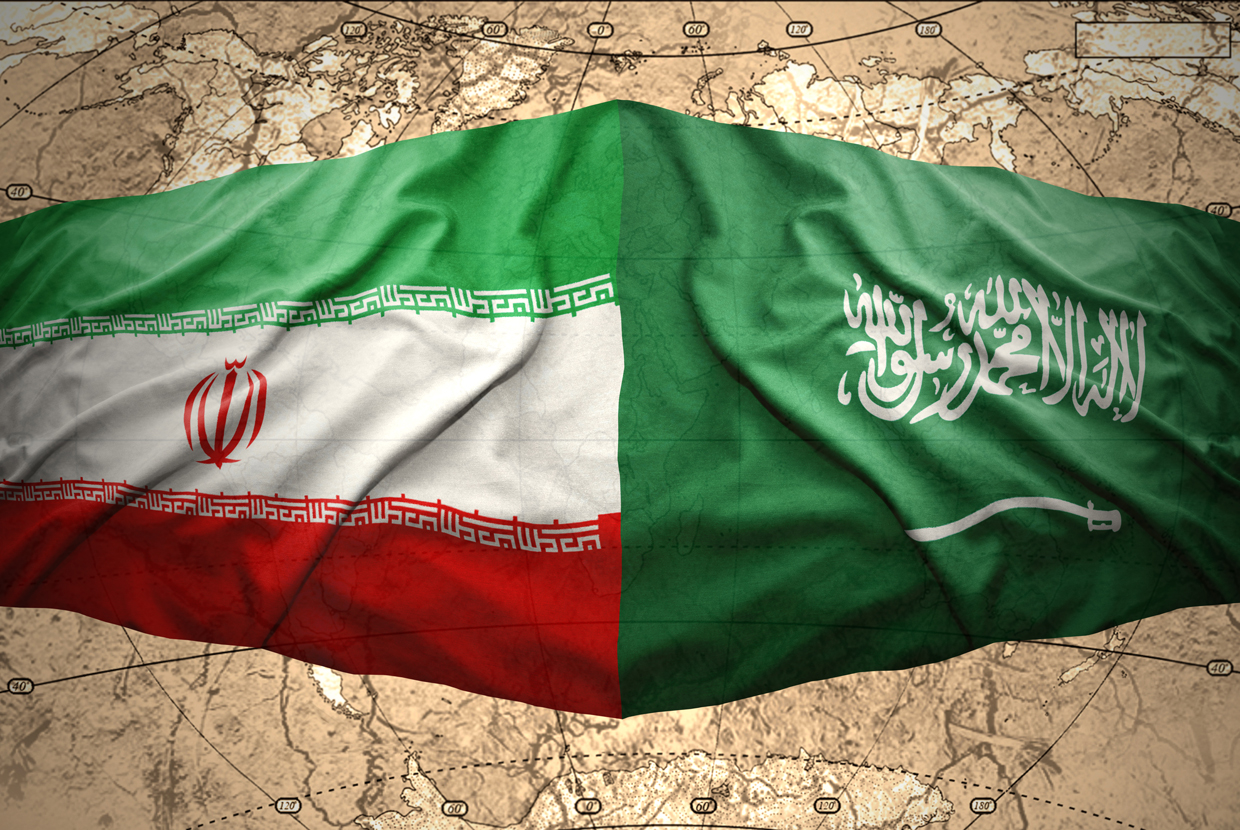Tomorrow, Saudi Defense Minister Mohammed bin Salman will arrive to Moscow to discuss with President Vladimir Putin not only bilateral cooperation and the Syrian crisis, but also the situation around Iran, where Hassan Rouhani recently won the presidential election.
Commenting on the main directions of Iranian policy during Rouhani's second term, the Deputy Director of the Institute of Forecasting and Political settlement, Alexander Kuznetsov, said: "This trend has been already indicated - this is somehow inclusive globalization, the restoration of good relations between Iran and the rest of the world, preferably with the West, with the European Union. At the same time, it will be a very cautious, restrained domestic policy, avoidance of domestic political reforms in Iran, stability".
Speaking about the main foreign policy challenges for Tehran, the expert said that it is an ongoing Iranian-US confrontation and an ongoing confrontation with Saudi Arabia, with the Sunni bloc in general. At the same time, he stressed that it is not about the Sunni-Shia conflict in a religious sense, but in political and geopolitical.

According to Kuznetsov, the population of large cities supported Rouhani's election: "This is a significant part of the Iranian middle class, this is a significant part of the Iranian business, the people who are tired of the international isolation of Iran. They want Iran to integrate into a new global world, a global community, that is, they want globalization. The Iranian economy suffered a serious blow during the sanctions pressure of Mahmoud Ahmadinejad's second presidency, but it did not fall apart, although the welfare of the main part of Iranians, of course, worsened. Rouhani has managed to solve some of these problems by signing the nuclear deal".






